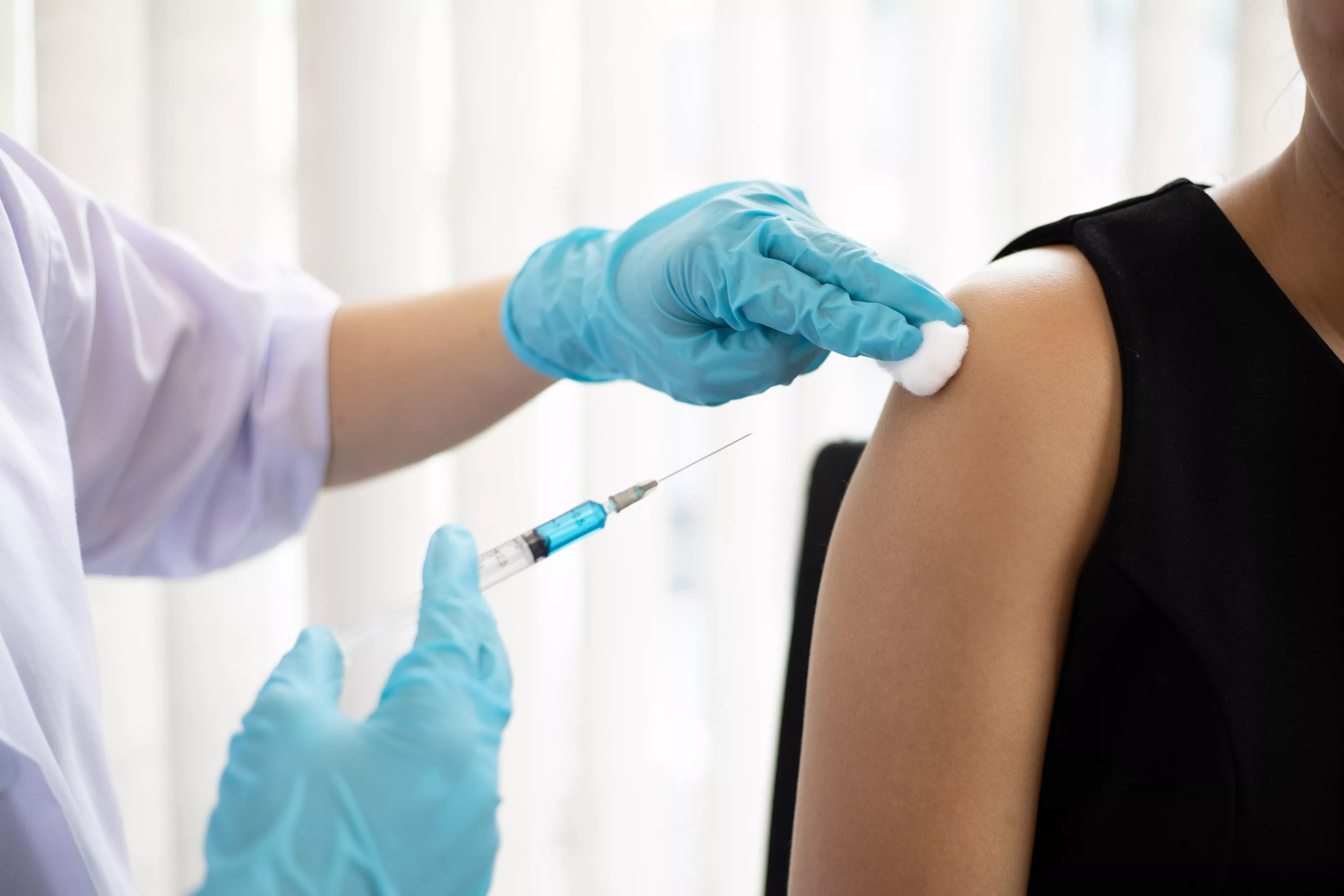
Adobe Stock

Audio By Carbonatix
A year ago, in the weeks before school returned to session, the Dallas County Health and Human Services’ immunization clinic on North Stemmons Freeway would have been packed. Often, an overflowing morning waiting room resulted in families being given a number in line and told to come back that afternoon to get their children vaccinated.
That didn’t happen this year, though, said Director Philip Huang.
“We do everything we can to make vaccines easy to get,” Huang said. “We’ve been doing a lot of the back-to-school vaccination [events] … We’re doing one day a week now, and we’re seeing declining numbers.”
On one hand, Huang chalks the attendance dips up to community concerns surrounding federal immigration enforcement. While Dallas County Health and Human Services does not ask about or document immigration status, he worries that, as some communities make a point to avoid government-adjacent centers, undocumented parents are not bringing their children in to be immunized.
While back-to-school immunization events have previously drawn a line that wraps around the building, this year, there was “nothing like that,” and lower attendance has come even after the health services department has been forced to pare down its vaccination efforts.
Earlier this year, Huang told Dallas County Commissioners that cuts to federal grant funding had forced the department to shutter 50 planned vaccination pop-up events, such as a measles vaccination event at a local school, which were intended to target underserved communities across the county. Twenty-one healthcare workers were also laid off due to the funding cuts.
General anti-vaccine sentiment could also be playing a significant role in the dip in immunization demand.
In a 2023 survey of more than a thousand local health departments conducted by the National Association of County and City Health Officials (NACCHO – one of the better abbreviations we’ve seen), more than 80% reported a post-COVID-19 rise in vaccine hesitancy, especially on the part of parents with young children. For Texas school districts, this has resulted in a growing number of parents asking for their children to be exempt from mandated immunizations.
The Texas Tribune reports that between 2018 and 2024, the Texas Department of State Health Services received double the number of requests for vaccine exemption forms for schools. In July 2025, parents of 30,596 Texas students requested that their child not have to get at least one of the mandated shots before starting the school year.
That process is actually about to get easier, thanks to a law passed by the state legislature this summer that will allow parents to download the exemption form at home rather than apply for it through the state health department. According to The New York Times, 180 more anti-vaccine bills were filed across state legislatures this year compared to last year.
While State Rep. Lacey Hull, who authored the bill, said the law is about “simplifying the process” of declining mandatory vaccinations, experts worry it will help fuel the fire that is more and more parents choosing not to vaccinate their children. The law will go into effect on Sept. 1, and parents will still be required to get their forms notarized and resubmit them every other year.
“It’s crazy that we’ve been going through these record measles outbreaks, this situation for Texas, and then still the legislature passes a law that makes it easier for parents to get an exemption from vaccines,” Huang said.
The Texas Department of State Health Services announced the end to the West Texas measles outbreak earlier this month, 762 cases later. Two children died from the disease, but even still, new data from the U.S. Centers for Disease Control and Prevention found that Texas’ measles vaccination rate amongst kindergarteners is the lowest it’s been since at least 2011 at 93.24%.
According to state data, Dallas ISD recorded 92.11% of kindergarteners vaccinated against measles last school year. In Fort Worth ISD, only 84.42% of kindergarteners had been immunized. Data for the 2025-26 school year will not be available for several months.
“It’s become so politicized. It’s really concerning,” Huang said. “The head of HHS [Health Secretary Robert F. Kennedy Jr.], his history with anti-vaccine rhetoric and the organization he was associated with is very anti-vaccine; the messaging has become confusing and mixed, and undermines a lot of the efforts to promote vaccines.”